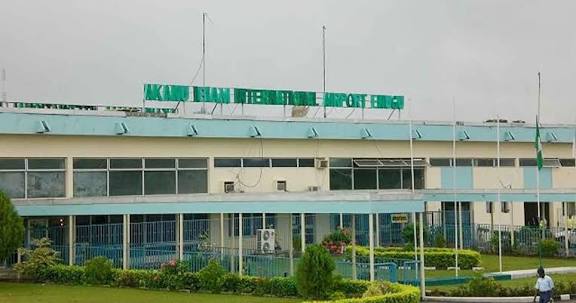The Nigerian Communications Commission has instructed mobile network operators to start implementing authorized harmonised short codes for offering specific services to telecom users in Nigeria as part of its consumer-centric approach to telecommunications regulation.
The timeframe for all mobile networks to completely transition from the previously disparate short codes to the harmonised codes has already been established by the Commission for May 17, 2023.
To achieve uniformity in common short codes across networks, harmonised short codes are used. This implies that, regardless of the network a customer uses, the code for checking airtime balance is the same across all mobile networks for the same function.
With the new codes, telecom customers can now use the same numbers to access services across networks on the more than 226 million active mobile lines in the nation.
13 common short codes have so been accepted by the Commission as part of the new harmonised short codes scheme. The following codes are among them: On all mobile networks, the call center/help desk harmonised code is 300; voice mail deposit is 301; voice mail retrieval is 302; borrow services are 303; STOP service is 305; check balance is 310; and credit reload is 311.
Furthermore, 312 is now used as the standard network code for data plans. 323 is for Data Plan Balance in accordance with the new direction, while 321 is for Sharing Services. The verification of Subscriber Identity Module Registration/NIN-SIM Linkage is now done using the code 996. The common code, 3232, is also preserved for porting services, popularly known as mobile number portability, while the code 2442 is retained for Do-Not-Disturb uninvited message complaint management.
Up until May 17, 2023, when all networks are anticipated to have fully converted to full adoption of the new codes, the old and new harmonised short codes will operate side by side. The NCC has established a window between now and May 17, 2023 for telecom users to become familiar with the new codes for various services.
The goal of the initiative, which is in line with the NCC’s regulatory modernization program, is to simplify life for telecom users by making it simpler for Nigerians to remember just one code for a variety of services across any mobile networks they may be using. This will enhance the quality of the user experience.
Additionally, the new policy will give licensees in the Value-Added Services sector of the telecoms industry the chance to employ old, freed-up codes for other services and will improve a cogent regulatory framework in line with best practices around the world.









